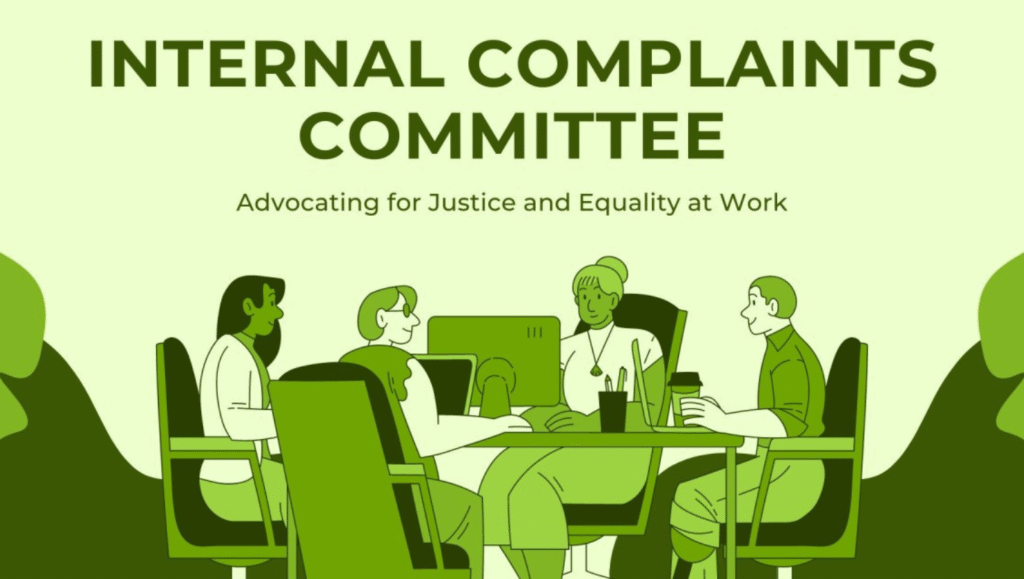Internal Complaints Committee (ICC): Ensuring Workplace Safety for Women
Syllabus: Governance, Social Justice, Gender Issues (UPSC GS II)
Source: The Hindu
Context
A tragic incident in Odisha, where a student allegedly died by suicide after her sexual harassment complaint was dismissed by her college’s ICC, has raised serious concerns about the effectiveness and accountability of Internal Complaints Committees across institutions.
What is the ICC?
The Internal Complaints Committee (ICC) is a statutory body established under the Sexual Harassment of Women at Workplace (Prevention, Prohibition and Redressal) Act, 2013, also known as the POSH Act. It is designed to address sexual harassment complaints in workplaces and educational institutions.
Legal Background
- Originated from the Vishaka Guidelines (1997) issued by the Supreme Court after the Bhanwari Devi case.
- Gained legal force through the POSH Act, 2013, following public outcry after the Nirbhaya case.
- Mandatory for all workplaces with more than 10 employees.
- Local Complaints Committees (LCCs) exist at the district level for workplaces with fewer than 10 employees or in unorganized sectors.
Objectives of ICC
- Prevent and address cases of sexual harassment at the workplace.
- Ensure a safe, inclusive, and gender-just environment.
- Provide a confidential and fair redressal mechanism.
- Encourage women to report misconduct without fear.
Key Features & Powers
- Composition:
- Headed by a senior female employee.
- At least 50% women members.
- Includes one external member from an NGO or with legal/social expertise.
- Powers & Functions:
- Accept complaints within 3 months of the incident.
- Can conduct conciliation or a full inquiry.
- Has quasi-judicial powers (summon, examine, recommend action).
- Inquiry must be completed within 90 days; report to be submitted in 10 days.
- Must maintain strict confidentiality under Section 16 of the POSH Act.
Why ICCs Are Important
- Strengthens institutional accountability in protecting women’s rights.
- Acts as a deterrent to misuse of authority and workplace harassment.
- Empowers women with a secure legal platform to seek justice.
- Promotes a compliance culture in both private and public sectors.
- Reinforces India’s constitutional commitment to gender equality and justice.
Conclusion
The recent case from Odisha underscores the urgent need for better implementation, monitoring, and sensitization around the functioning of ICCs. While the legal framework exists, its success depends on how seriously institutions uphold their responsibilities. Strengthening ICCs is key to making workplaces safer, fairer, and more just for women in India.











